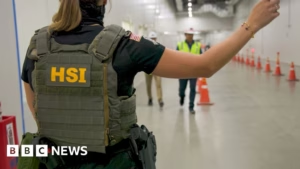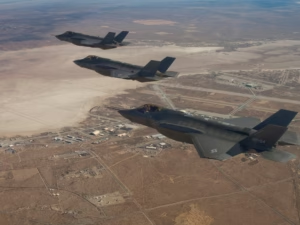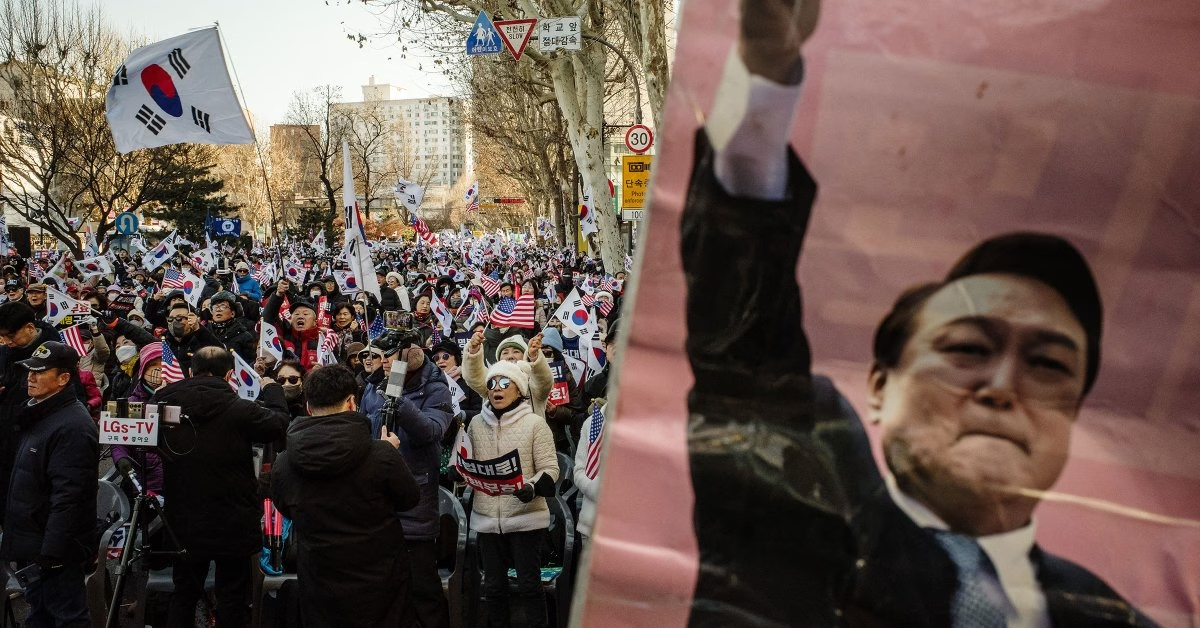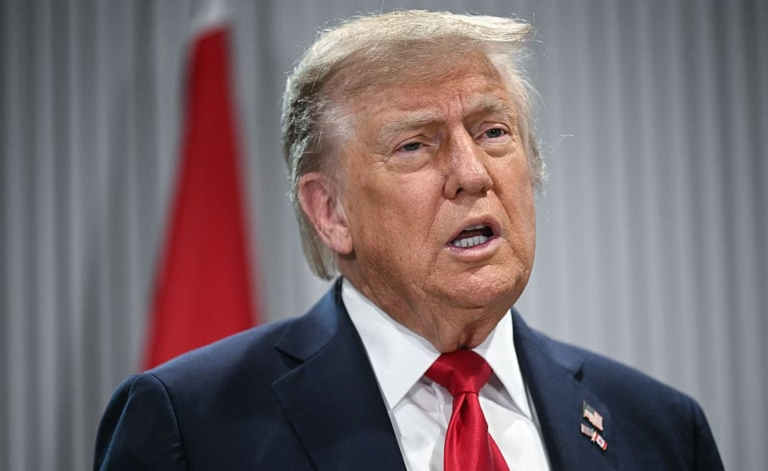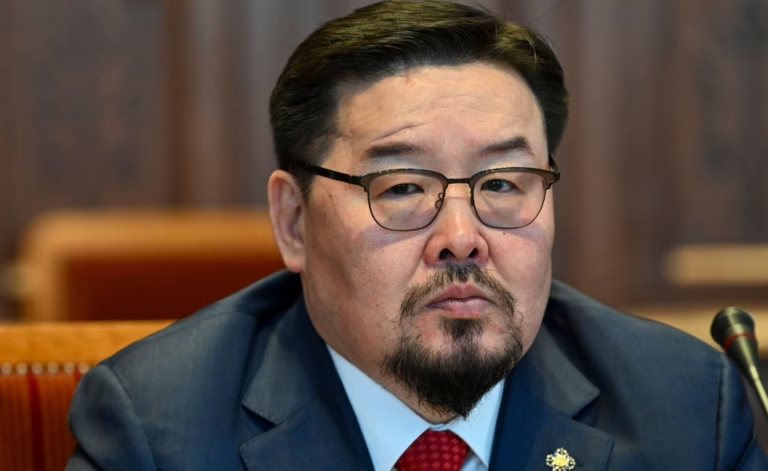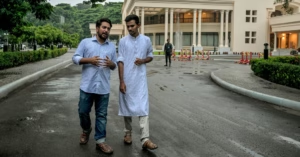South Korea’s political turmoil is ongoing. After President Yoon Suk-yeol was impeached and detained following his thwarted attempt to impose martial law in December, the fate of his presidency is now at the hands of the Constitutional Court. Experts in law predict that Yoon will be ousted from office and imprisoned shortly after.
Adding to the complexity, the court will also adjudicate a case that could potentially disqualify opposition leader Lee Jae-myung from running in an upcoming election that he is currently favored to win. Should this election take place within 60 days of Yoon’s official removal, and if two courts of appeal affirm his conviction for violating election laws in 2022, Lee may be prevented from holding public office for 10 years. A final verdict is anticipated next month. It’s a precarious situation.
The dramatic aspects of this predicament veil a critical fact: South Korea’s foreign policy is poised for a significant transformation, impacting the US, China, North Korea, and Japan. Lee Jae-myung, the runner-up in the 2022 election, is a politician with considerable skills who has strengthened his support within the center-left Democratic Party. The ruling conservative People Power Party is in disarray and appears incapable of rapidly fielding a heavyweight candidate to compete.
Yoon’s administration significantly improved the country’s relationship with Japan, its former colonizer, and collaborated closely with Washington on East Asia security strategies. Despite Lee’s centrist stance, he has consistently criticized Yoon’s pro-US policies, suggesting possible tension with the Trump Administration regarding trade, security cooperation, and engagement with North Korea.
Lee supports the US-South Korea alliance as the “foundation” of South Korea’s diplomacy, national security, and economic development; however, his unyielding critique of Yoon’s pro-US leanings indicates a more challenging stance towards Washington. Lee wants to establish a bipartisan committee to prepare for a “very likely trade war” with the US, suggesting a more confrontational strategy toward the US.
Additionally, Lee has advocated for new diplomatic conversations with North Korea to prevent South Korea from being sidelined in any potential meetings between President Trump and Kim Jong Un. Former President Moon Jae-in of the center-left Democratic Party was excluded from the initial Trump-Kim meetings in 2018 and 2019.
In a recent speech on foreign policy, Lee kept quiet about relations with Japan and China; but his vigorous criticism of Yoon’s engagement with Tokyo signals a divergent approach. Lee accused Yoon of ignoring Japan’s past wrongdoings against South Korea and of exhibiting subservience to Japan’s current government. Expect Lee to champion enhanced economic and diplomatic ties with China as well. National Assembly Speaker Woo Won-shik, an ally and confidant of Lee’s, met with China’s President Xi Jinping in February, affirming that a Democratic Party government would prioritize improved ties with China.
In the meantime, Yoon is facing a separate criminal trial on charges of insurrection. If found guilty, he faces the death penalty; any prison term will inflame pro-Yoon protesters, who demonstrated violently in January when he was initially detained. From the sidelines, policymakers in Washington, Beijing, Tokyo, and Pyongyang are watching both the risks and potential opportunities arising from South Korea’s political unrest.
Source: https://time.com/7259390/south-korea-political-crisis-global-repercussions/
